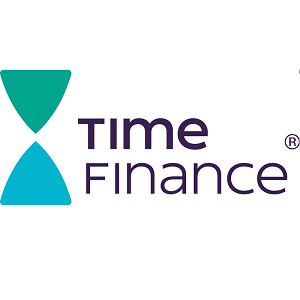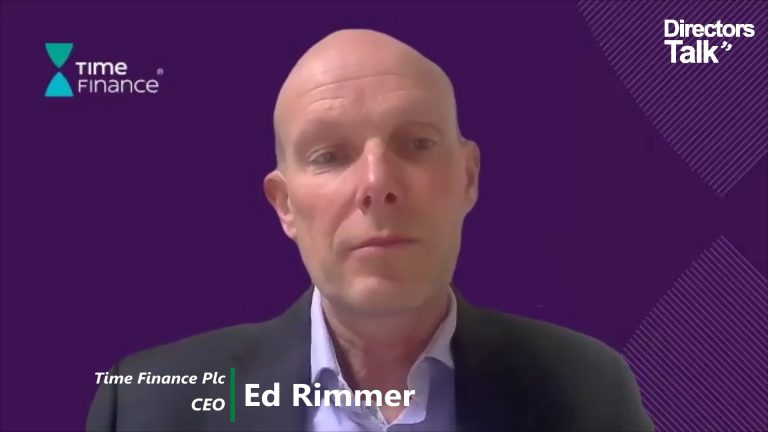A quiet realignment often speaks louder than grand pronouncements, and Time Finance’s latest move suggests a deliberate recalibration of its strategic compass. By bringing in a recognised specialist, the lender appears to be setting its sights on a sector that few in the SME funding space have courted so directly. Beneath the surface, this decision hints at a deeper playbook designed to capture untapped demand where heavy equipment meets flexible financing.
Time Finance has long carved out a reputation as an agile backer of small and medium-sized enterprises, yet its asset finance activities have typically revolved around vehicles and general equipment. The decision to assemble a dedicated materials handling team marks a purposeful pivot, one that reaches into markets anchored by forklifts, conveyors and warehouse machinery. For investors, the appeal is twofold: broadening the firm’s addressable market while leveraging expertise that can tame the complexity of high-value hard assets.
At the heart of this strategy sits Phil Blea, a newcomer whose track record spans established names in asset lending and vendor finance. His previous stints at Close Brothers and Linde signal a rare blend of vendor relationships and in-field know-how, qualities that may well accelerate Time Finance’s entry into a domain demanding both technical appreciation of machinery and nuanced credit assessment. By entrusting the build-out of its materials handling arm to an individual steeped in sector dynamics, the lender reduces the friction that often accompanies new vertical launches.
Investors attuned to balance-sheet growth will note that this initiative dovetails neatly with Time Finance’s ambition to lift its own-book lending beyond £300 million over the next three years. With its year-end figures for May 2025 already standing at £217 million, the path to that target relies not only on volume but on diversification into niches where competition can be more disciplined and credit premiums better reflect specialist risk. The materials handling market, characterised by sizeable transactions and durable collateral, provides just such an arena.
Engaging manufacturers and storage operators in need of heavy machinery financing also speaks to broader industrial tailwinds. As supply chains seek resilience and warehouse automation gains ground, the demand for forklifts, pallet trucks and handling systems is on track to outpace traditional equipment cycles. For Time Finance, a bespoke funder in this field could capture growth at multiple junctures—from initial purchase to upgrades and replacement financing, without diluting its underwriting standards.
Crucially, the addition of a materials handling team resonates with Time Finance’s multi-product philosophy. Beyond standalone asset finance, the lender can propose bundled offerings that combine invoice finance and loans, effectively deepening client relationships and enhancing revenue per customer. By embedding sector-specific expertise, the business broadens its advisory role, transitioning from mere financier to strategic partner for mid-market enterprises navigating operational investment decisions.
This move also underscores a deliberate hedge against leasing and rental alternatives. Where some competitors may recast materials handling as an “off-balance-sheet” service, Time Finance’s own-book approach allows it to capture interest margin directly while retaining control over asset performance. Investors will appreciate the trade-off: a slightly more conservative capital deployment offset by the certainty of reward, especially when collateral remains robust and residual values respectable.
The narratives around growth often centre on headline figures, yet the subtler tale here involves organisational capability. The establishment of a dedicated sales and support structure suggests that Time Finance is mindful of execution risk. Scaling transaction volume in materials handling demands proficient credit teams, streamlined appraisal processes, and vendor networks capable of channelling deals effectively. By placing a sector expert at the helm, the lender insulates itself against the learning curves that can erode returns in new markets.
Moreover, this sector focus may deliver ancillary benefits in client acquisition costs and portfolio quality. Specialist understanding fosters faster decision-making and tailored risk assessments, thereby shortening deal cycles and potentially reducing default probabilities. Over time, these efficiencies can translate into improved capital utilisation and a more resilient loan book, outcomes that underpin sustainable earnings growth and a firmer foundation for future expansion.
This strategic stride also dovetails with the firm’s broader mission to empower UK businesses as they scale. By addressing financing gaps in high-investment sectors, Time Finance signals confidence in the industrial heartbeat of the nation. Investors seeking exposure to the SME lending story may find this dual emphasis on niche competence and disciplined growth particularly compelling, as it blends the dynamism of small-ticket operations with the stability of high-value asset finance.
Time Finance plc (LON:TIME) is an AIM-listed business specialising in the provision or arrangement of funding solutions to UK businesses seeking to access the finance they need to realise their growth plans. Time Finance can fund businesses or arrange funding with their trusted partners through Asset Finance, Invoice Finance, Business Loans, Vehicle Finance or Asset Based Lending.








































